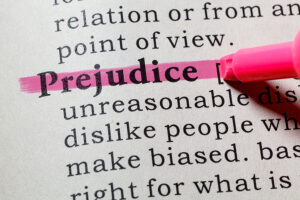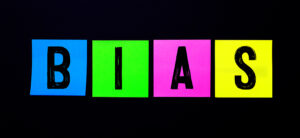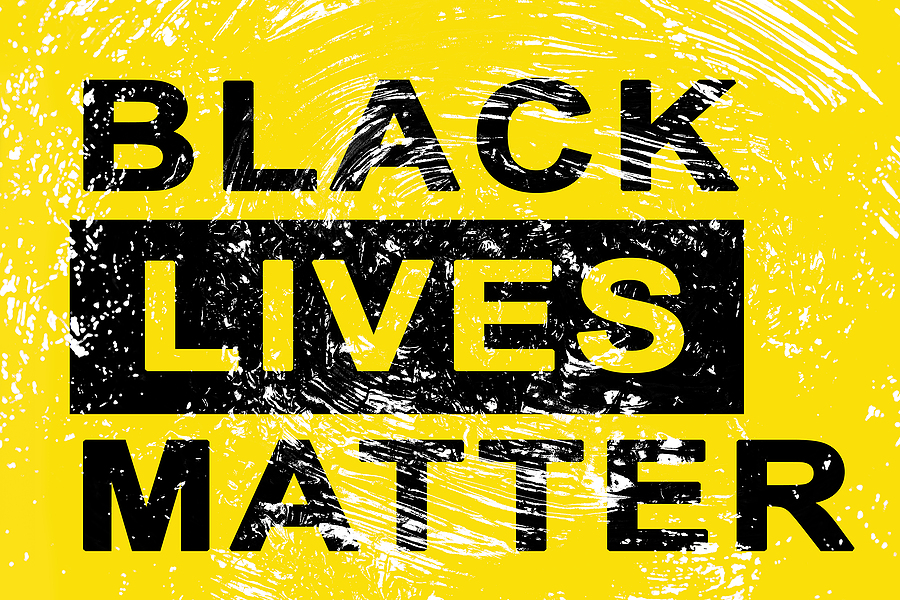Last week Part 1, I discussed words and phrases we think innocuous and use in everyday life but have racial connotations unknown to most of us.

But Blacks are not the only ones singled out for White disregard. There are other people who have been the object of racist or sexist or homophobic ire: women, Native Americans, Irish, Chinese, Japanese, Inuit, Jews, Romani, Mexican, Cuban, etc. Name an ethnic group, and probably there have been racial slurs made about them.
In her book, WHITE FRAGILITY: Why It’s So Hard for White People to Talk About Racism, Robin DiAngelo, sociologist and PhD, discusses prejudice. “Prejudice is pre-judgment about another person based on the social groups to which that person belongs. Prejudice consists of thoughts and feelings, including stereotypes, attitudes, and generalizations that are based on little or no experience and then are projected onto everyone from that group.”
Some of the better-known prejudicial examples are:
- Gypped: It comes from the word “Gypsy,” which is itself a derogatory name for the Roma or Romani people who originated in northern India and migrated throughout Europe and the world. Originally, the Romani made a living by selling goods, and not everyone was happy with their purchases; eventually a whole ethnic group became known as Gypsies and branded as thieves and worse.
- Ghetto: The word derives from the Italian ghetto, used starting in the 1500s to refer to a part of Venice where Jews were forced to live. In the late 1800s, the word referred to “a section of a city, especially a thickly populated slum area, inhabited predominantly by members of an ethnic or other minority group, often as a result of social or economic restrictions, pressures, or hardships.” And, of course, it was used in World War II by the Nazis antisemitism campaign.
- Jewed down: This expression was born out of the stereotypes formed in medieval times about Jewish people being cheap or prone to hoard money. They were often forced into financial occupations and were known as money lenders—leaving them vulnerable to antisemitic misrepresentations. The term itself means to haggle or bargain for a lower price other than originally agreed upon. The expression seems to have died down until recently, and you don’t have to wonder why in the current climate of hate and fear-mongering.
- Paddy wagon: Meaning a police vehicle, the paddy wagon came into use in early 1900s (Paddy is a diminutive form of the name Patrick). By then, a significant part of law enforcement was Irish, and the concentration in the police force led to the term. Nearly seventy percent of the New York police force was made up of Irish immigrants or first-generation Irish Americans.
- Hooligan: The term is widely believed to come from an Irish surname, Houlihan, used in a popular pub song about a fictional rowdy family. It was lengthened to hooliganism for the fights that often broke out in Irish taverns and became a catchall for anyone displaying rowdy, violent behavior.
- Eskimo: From a Danish translation, the word literally means “eater of raw meat” and is considered derogatory. Inuit is the precise ethnicity of the indigenous people living in Alaska,
 northern Canada, Greenland and eastern Siberia, who traditionally live by hunting (especially seals) and by fishing.
northern Canada, Greenland and eastern Siberia, who traditionally live by hunting (especially seals) and by fishing.
- Cat got your tongue: The term refers to the fact that the nine pieces of leather cord, each tied with a series of knots, left a trail of “scratches” on a man’s back and so took the breath away that a person literally could not speak for the pain. Originally used in the British Army and Royal Navy as punishment, the cat-o’-nine tails was also used in the South to punish slaves.
- Drinking the Kool-Aid: On November 18, 1978, more than 900 people (men, women and children) were led to mass suicide by cult leader Jim Jones by drinking from a vat of grape-flavored drink laced with cyanide. The phrase now is meant as an insult to those who blindly follow a leader or ideology, all evidence to the contrary.
- Off the reservation: The expression originated in the 1800s when the federal government moved Native Americans from their land and sent them to designated reservations. The phrase was used in government correspondence to report on whether Native Americans were complying with orders to stay within their designated living areas. Over time, it came to be used to describe anyone acting outside of what is expected, particularly in political situations.
- Longtime no see/No can do: These phrases can be seen as mimicking non-native English speakers’ attempts to speak English. There are two credible theories about where these phrases originated. One is that members of the British and American Navies picked up the phrase in their encounters with Chinese people, speaking pidgin English. The other theory says the phrases came from Native Americans speaking English, as chronicled in some old Western novels.
- Basket case: As originally used, a basket case refers to someone who is useless or not functioning well. This has its origins in World War I when a basket case was someone who had lost all four limbs and therefore had to be carried around in a basket. Today, the term seems to have connotations of someone being crazy (maybe mixed up with head case and mental case).
- Hysterical: The word comes from hysteria: unmanageable excesses, e.g., hysterical laughter as a modern interpretation. The word seems to have been strongly associated with Freud and his diagnosis of women. The term comes from the Greek hysterikos, meaning ‘of the womb’ or ‘suffering in the womb.’
- Moron: This word was originally used by eugenicist and psychologist Henry Goddard, who used it to describe people he categorized as having low intelligence and behavioral deviance. Goddard made it his mission to ensure “feeble-minded morons” did not immigrate to the United States, sending his staff to assess the “intelligence” of people coming into Ellis Island in the early 20th century. About forty percent of Hungarian, Italian and Jewish immigrants were classified as morons and deported in 1913. It is not stated, but the reason may have been that the immigrants deported simply did not understand English, and therefore could not comply with directions or give proper answer.
Next week I’ll cover pejorative language that has its roots in insults and slurs targeted to individuals and social groups.








